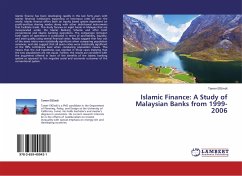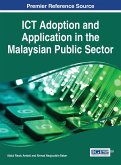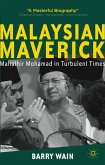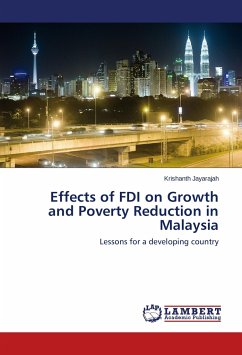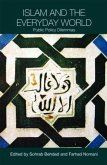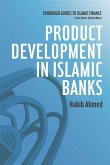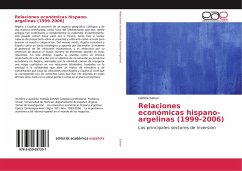Islamic finance has been developing rapidly in the last forty years with Islamic financial institutions expanding at enormous rates all over the world. Islamic finance offers both an equity based system dependent on profit-and-loss sharing modes along with other debt-based instruments that facilitate trade. This study focuses on eight banks in Malaysia that are incorporated under the Islamic Banking Scheme and offer both conventional and Islamic banking operations. The comparison between both types of operations is conducted in terms of profitability, liquidity, and asset quality using several financial ratios. Results suggest that four out of the seven ratios were statistically significant when comparing population variances, and also suggest that all seven ratios were statistically significant at the 99% confidence level when comparing population means. This means that the null hypothesis was rejected in those cases implying that the two populations are not equal. Further, the results are consistent with the arguments offered in favor of the benefits of the Islamic banking system as opposed to the negative social and economic outcomes of the conventional system.
Bitte wählen Sie Ihr Anliegen aus.
Rechnungen
Retourenschein anfordern
Bestellstatus
Storno

